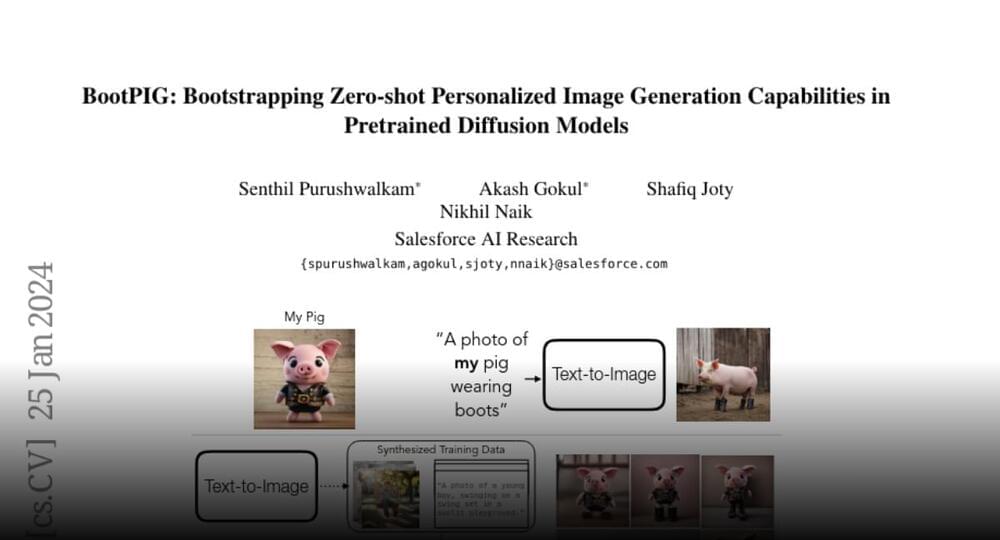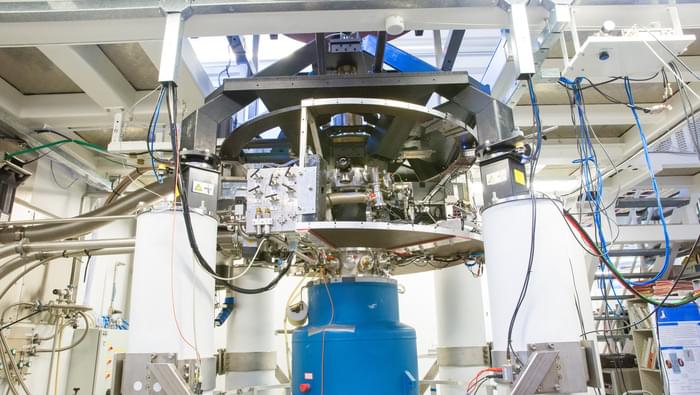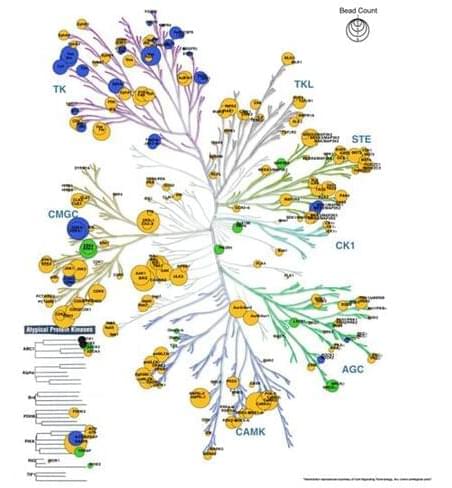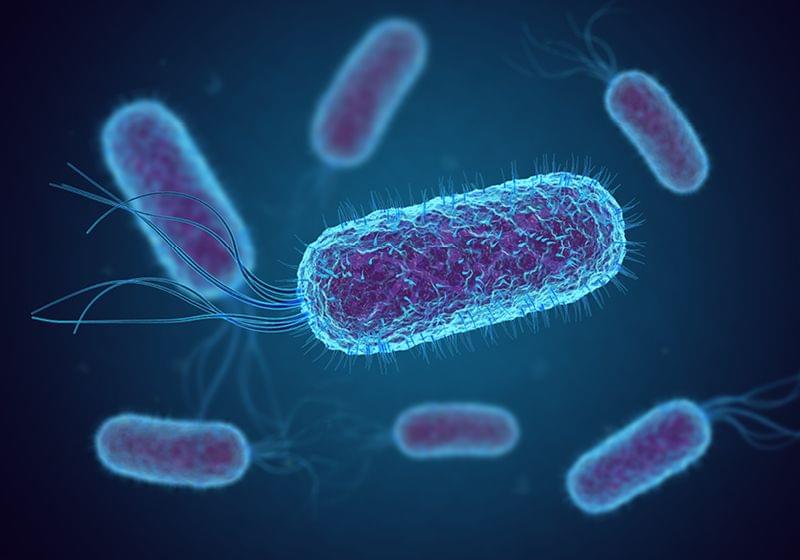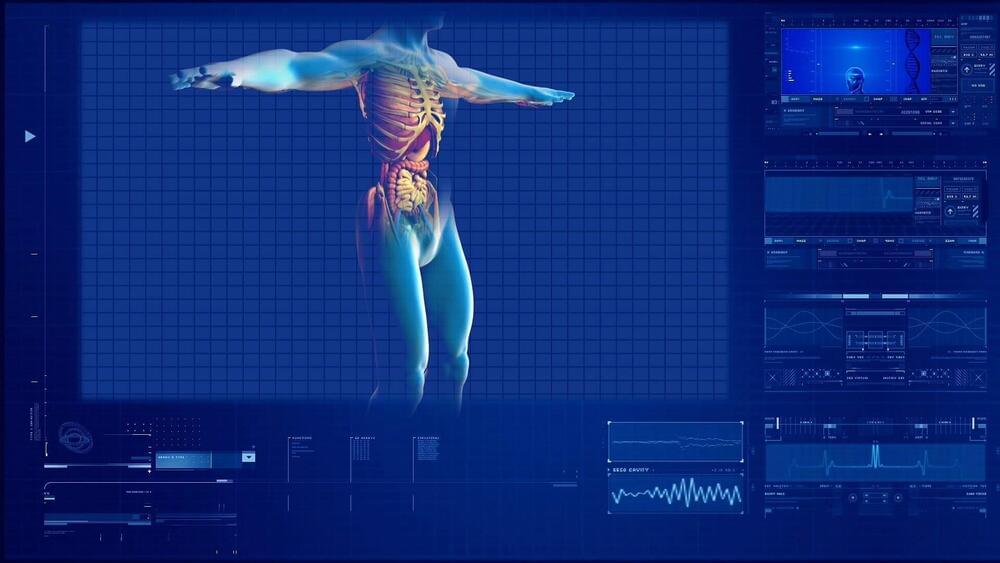Join the discussion on this paper page.
Year 2021 face_with_colon_three Basically this is a quantum computer that time travel within the computer so it can do processing faster.
Formed inside superfluid helium-3, the time crystals were observed for a record time of over 15 minutes.
The method holds great promise for better definition of the potential therapeutic targets present in each cancer.
It’s the first time an all-electric car topped the yearly global car sales charts. We’re talking combustion-powered, hybrid, and all-electric.
The burials contain the remains of Alexander’s father, stepmother, half-siblings, and son, along with armor and other items belonging to the man himself.
While there is never been any doubt that the human skeletal remains found in Royal Tombs I, II, and III belong to close relatives of Alexander, scholars have spent almost half a century bickering over who exactly lies within each grave.
The researchers examined the skeletal elements with the aid of macrophotography, radiographs, and anatomical dissection. The study authors combined osteological analyses, macro photography, X-rays, and anatomical dissections of the ancient remains with historical sources from the ancient past.
Evidence of ancient lake sediments at the base of Mars’ Jezero Crater offer new hope for finding traces of life in samples collected by NASA’s Perseverance rover.
Perseverance touched down on Feb. 18, 2021 inside the Red Planet’s 28-mile-wide (45 kilometers) Jezero Crater, which is believed to have once hosted a large lake and river delta. The rover has been scouring the crater in search of signs of past life and collecting and caching dozens of samples along the way for a possible future return to Earth.
The space rock poses no threat to our planet, despite being on a path to zoom between Earth and the moon.
It crept up slowly, almost imperceptibly. A vague rawness at the back of my throat. A thrumming malaise. On Thanksgiving Day, it lunged.
For two weeks, I was in the grip of an unusually malevolent respiratory illness. But I was in good company: Nationwide, the percentage of health care visits for flulike symptoms ticked up above the baseline at the start of November and has remained elevated ever since, according to the Centers for Disease Control and Prevention.
“All the respiratory viruses are back in full force,” Anne Liu, MD, a Stanford Medicine immunologist and infectious disease specialist confirmed. The main reasons, she said, are fairly straightforward: Social distancing and masking are not popular choices in the wake of the pandemic.
A protein in the immune system can be manipulated to help overcome bowel cancer, according to new research from The Australian National University (ANU). The research is published in Science Advances.
Bowel cancer claims more than 100 lives in Australia each week, yet around 90% of cases can be successfully treated if detected early.
According to lead author Dr. Abhimanu Pandey, from ANU, the protein, known as Ku70, can be activated or “turned on” like a light switch by using a combination of new and existing drugs.
